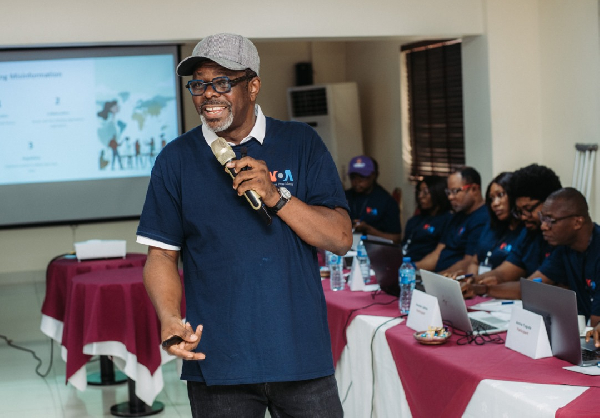Nigeria's Oil Sector Sees Recovery After Years of Stagnation - Ecofin Agency
Nigeria’s oil sector is showing signs of recovery following a period of stagnation. Reforms introduced by President Bola Tinubu since taking office in May 2023 have renewed investor interest and triggered new project commitments.
Key reforms include the creation of a presidential energy office, full rollout of the Petroleum Industry Act (PIA), and the removal of gasoline subsidies. The previous administration under Muhammadu Buhari failed to implement structural reforms, deepening sector challenges after the 2014–2016 oil price collapse.
A major shift occurred in April 2025 with the appointment of Bashir Ojulari, a former Shell executive, as head of NNPC Limited. The move was well received by the business community.
These changes have begun translating into investment. In 2024, Nigeria accounted for three of Africa’s four final investment decisions in oil and gas, totaling over $5 billion, according to Wood Mackenzie.
Offshore activity is driving the momentum. Projects have already attracted more than $8 billion in commitments. One of the largest is Bonga North, led by Shell, TotalEnergies, ENI, and ExxonMobil, with expected production of 110,000 barrels per day and a $5 billion investment.
In the downstream sector, government-owned refineries in Port Harcourt and Warri are gradually resuming operations. Nigeria is also focusing on natural gas for electrification and has announced plans to install 10 million smart meters over the next five years.
Despite these developments, long-term success depends on continued reform, security, and regulatory consistency. According to forecasts, Africa’s upstream oil investment is expected to decline from $340 billion (2011–2015) to under $130 billion (2026–2030).
Nigeria’s renewed momentum marks a turning point, but sustaining it will require stability and sustained implementation of reforms.












